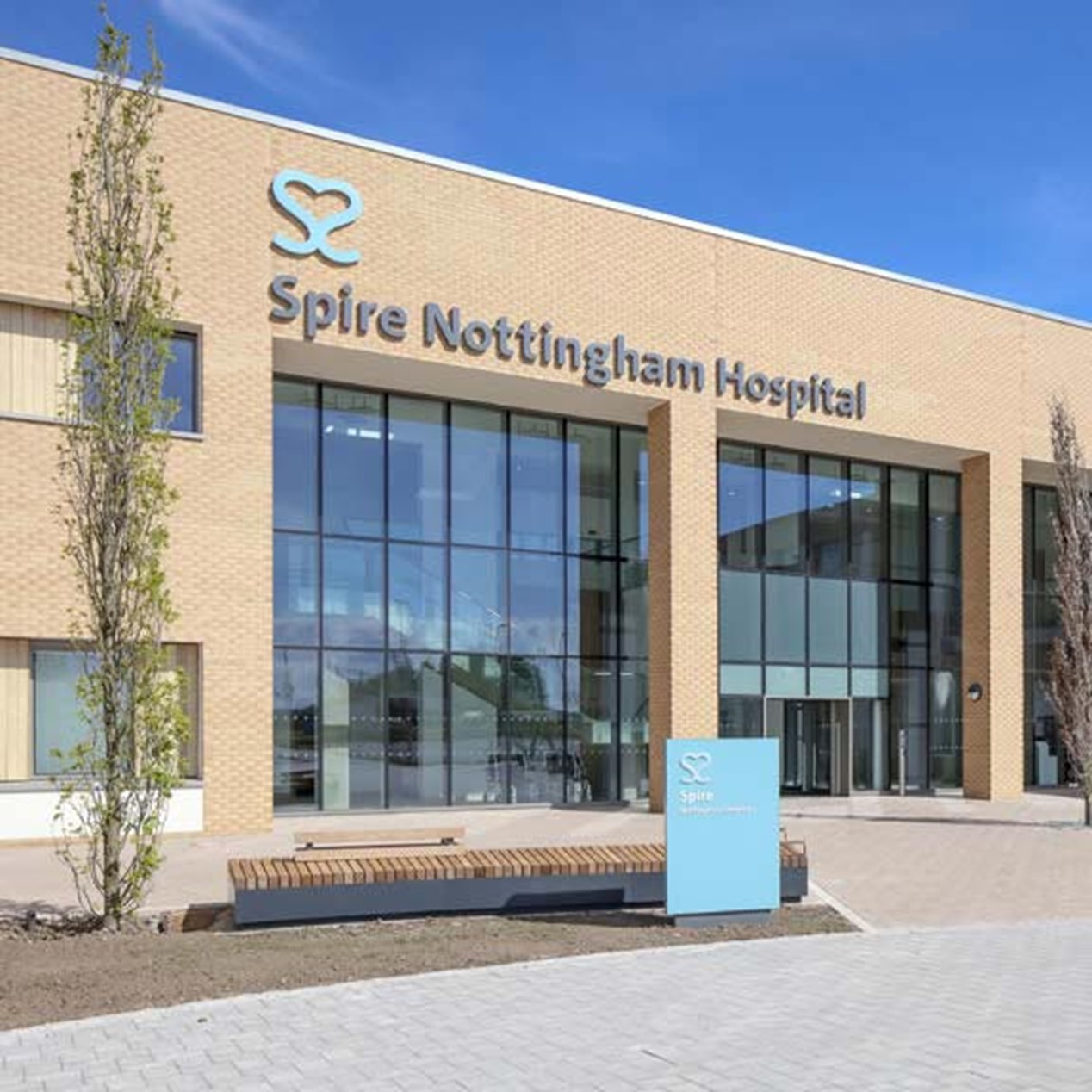Oesophageal manometry (also called oesophageal motility) is a procedure to measure the strength and function of your oesophagus and provides information about how the muscles in your throat and oesophagus work as food and liquids pass from the mouth to the stomach.
Why you might need it
The most common use for oesophageal manometry is to evaluate the lower oesophageal sphincter in patients who have gastro-oesophageal reflux disease (GORD).
Manometry often can identify weakness in the lower oesophageal sphincter that allows stomach acid and contents to back up into the oesophagus.
Manometry can diagnose several oesophageal conditions that result in food sticking after it is swallowed. For example, achalasia is a condition in which the muscle of the lower oesophageal sphincter does not relax with each swallow. As a result, food is trapped within the oesophagus. Manometry reveals an absence of the waves and the contraction of the muscle everywhere in the oesophagus at the same time.
Abnormal function of the body of the oesophagus may result in food getting stuck. In patients with scleroderma the waves of muscular contractions fail to occur. With oesophageal spasm the entire oesophageal muscle may contract at one time which can cause discomfort, pain and obstruct food passage.
Oesophageal manometry is performed for the following reasons:
- To evaluate the cause of reflux (regurgitation) of stomach acid and other contents back up into the oesophagus (gastro-oesophageal reflux disease or GORD).
- To determine what the cause is of difficulty with swallowing food.
- To determine the cause of non-cardiac chest pain.
Find a Spire hospital offering this treatment

Who will do it?
Our patients are at the heart of what we do and we want you to be in control of your care. To us, that means you can choose the consultant you want to see, and when you want. They'll be with you every step of the way.
All of our consultants are of the highest calibre and benefit from working in our modern, well-equipped hospitals.
Our consultants have high standards to meet, often holding specialist NHS posts and delivering expertise in complex sub-specialty surgeries. Many of our consultants have international reputations for their research in their specialised field.
Before your treatment
You will have a formal consultation with a healthcare professional. During this time you will be able to explain your medical history, symptoms and raise any concerns that you might have.
We will also discuss with you whether any further diagnostic tests, such as scans or blood tests, are needed. Any additional costs will be discussed before further tests are carried out.
Preparing for your treatment
We've tried to make your experience with us as easy and relaxed as possible.
For more information on visiting hours, our food, what to pack if you're staying with us, parking and all those other important practicalities, please visit our patient information pages.
Our dedicated team will also give you tailored advice to follow in the run up to your visit.
You should not eat for up to 6-12-hours before the test but you can drink water up until the start of the study.
You will be advised about which medications you should stop before the test.
The procedure
- The procedure takes about 45 minutes from start to finish.
- The nurse will verify that you had nothing by mouth in the last 6 hours prior to the test.
- Your nostril and throat is numbed with a topical anaesthetic while you are sitting upright.
- A thin flexible tube about 4mm (approximately the width of a pencil) is then passed through the nostril, down the back of the throat into the oesophagus and the stomach, while you swallow water. The tube has holes in it that sense pressure along the oesophagus. It will be positioned so that the pressure sensors cover the entire length of the oesophagus.
- With the tube inside the oesophagus, you will lie down in a comfortable position.
- You will be given small sips of water during the test to record the progression of the swallow.
- The contractions of the oesophageal muscle will be measured at rest and during swallows.
- Pressure recordings are made over about ten minutes and this tube is removed.
- The results of the manometry test are displayed as a graph with a wave pattern that can be interpreted to determine if the oesophagus is functioning normally.
- We also measure impedance which allows us to detect the movement of liquid and gas which may be swallowed or refluxed from the stomach. This tell us whether your swallows are effective or not.
Aftercare
The results from your oesophageal manometry will be reported on by the consultant clinical scientist and forwarded to your referring consultant where your next steps can be discussed and organised.
Side effects
These are minor and include mild sore throat, rare nose bleed and, very uncommon sinus problems due to irritation and blockage of the ducts leading from the sinuses and into the nose.
Why choose Spire?
We are committed to delivering excellent individual care and customer service across our network of hospitals, clinics and specialist care centres around the UK. Our dedicated and highly trained team aim to achieve consistently excellent results. For us it's more than just treating patients, it's about looking after people.
Important to note
The treatment described on this page may be adapted to meet your individual needs, so it's important to follow your healthcare professional's advice and raise any questions that you may have with them.

